This is the Corbyn summer. From the perspective of a short holiday, my overwhelming feeling is one of despair at my own semi-trade — the political commentariat, the natterati, the salaried yacketting classes. Who among us, really, predicted that Jeremy Corbyn would be romping ahead like this? Where were the post-election columns pointing out that David Cameron’s victory would lead to a resurgent quasi-Marxist left?
And that’s just the beginning: how many of the well-connected, sophisticated, numerate political writers expected Labour to be slaughtered in the general election? Not me, that’s for sure. Going further back, how many people in 1992 told us John Major was an election winner? That Parris, I vaguely recall, but anyone else? It’s jolly lucky that we don’t have an Of-Burble to regulate us.
I’m not saying that nobody successfully predicts anything; that would be bizarre. But I exclude all those throwaway on-the-other-hand remarks merely designed to cover the commentator’s backside. I’m talking about full-on, nuts-on-the-table predictions about the stuff that really matters. Most writers, scrabbling around, can find things that show them to be wise before the event. But when it comes to confident, open-throated pre-election or referendum stargazing, except where the situation is blindingly obvious to everyone, the record is dismal.
So I think a certain amount of Corbyn caution is appropriate. Most arguments against him boil down to this: he has a beard and an excessive quantity of cheap vests, and hangs about with angry, bearded Palestinians and is therefore plainly unelectable in genteel, politically tepid England. It seems unlikely, I grant you. But in the dimly far-off, remarkable circumstances of 2020, and after the Scottish tsunami, are we all so absolutely sure?
I’ve been thinking particularly about commentators’ curse because I have another political novel due out in the next few weeks, this time based on a Labour leadership struggle. Children of the Master features a desperate move by the right to seize back control of the party after a leftwards swerve. So far, so good. There’s dirty dealings, ruthless skulduggery and a Blairite woman with sharpish elbows — ditto. I daresay some current politicians may think they recognise themselves. On the other hand, I have a working-class Scottish Labour MP, which seems on the verge of fanciful these days. And a sixty-something leftist in a raw cotton shirt, triumphant…? Er, nope.
We have been holidaying in Catalonia, and the discovery of the year — you may know it — is Girona, a small northern Spanish city famous for its long Jewish heritage. It’s a place of ancient walls, deep shadows, winding, vertiginous alleyways and many bookshops. It reminded me, despite the intense heat, of Scotland. It even has a dead ringer for the great Charles Rennie Mackintosh, the radical architect and designer Rafael Maso. And a footbridge by Gustave Eiffel. And of course, the other obvious Scottish parallel is the nationalism of a small country. Every second balcony (Girona’s a city of balconies) has a red-and-yellow Catalan flag fluttering from it. It’s important to remember that what’s going on in Edinburgh, Glasgow and Dundee is a Europe-wide phenomenon.
Crossing the border into France, Collioure seems as intensely Catalan as northern Spain. There are as many tricolours flying here as Union flags in Aberdeenshire. But the Catalans, who applauded David Cameron for allowing the Scottish referendum, have the extra problem, like the Basques and Kurds, of sprawling across international frontiers. It’s as if the SNP had to negotiate not only with London, but Oslo or Stockholm as well.
We had come to Collioure because I wanted to see where Matisse and Derain invented fauvism together (though Charles Rennie M was here as well). Everywhere there are metal frames to look through so you can see exactly the views they painted. The streets are seething, friendly and international. When gawky, lanky Derain arrived in his white suit, just demobilised, in 1905, the locals viewed him and his bespectacled friend Matisse as harmless lunatics. Now most of Collioure’s fishing has disappeared, it’s those cheerful paintings that underpin the entire local economy.
Derain is also interesting as an example of a great artist who lost his nerve. For five or six years he was one of the most exciting painters in the world; and then he somehow shrank and produced, for the rest of his life, rather grey-brown, dull and conventional pictures. Can readers think of other examples? Music might offer Prokofiev, or even Stravinsky but painting’s harder. ‘Losing it’ is an artistic story that hasn’t been, so far as I know, properly studied.
In politics, on the other hand…
Got something to add? Join the discussion and comment below.
Get 10 issues for just $10
Subscribe to The Spectator Australia today for the next 10 magazine issues, plus full online access, for just $10.
Andrew Marr is a former editor of the Independent and political editor of the BBC and the Scotsman. His second novel, Children of the Master, is out next month.
You might disagree with half of it, but you’ll enjoy reading all of it. Try your first month for free, then just $2 a week for the remainder of your first year.

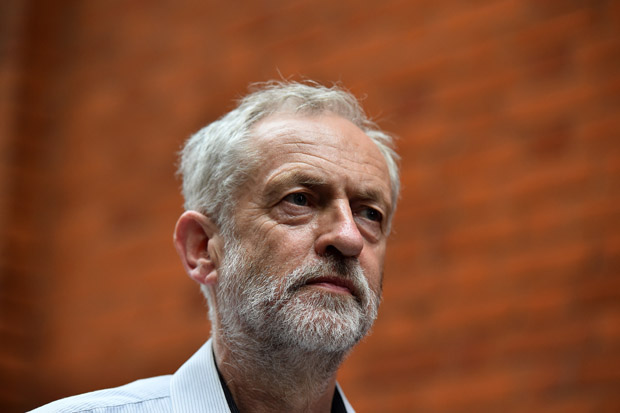
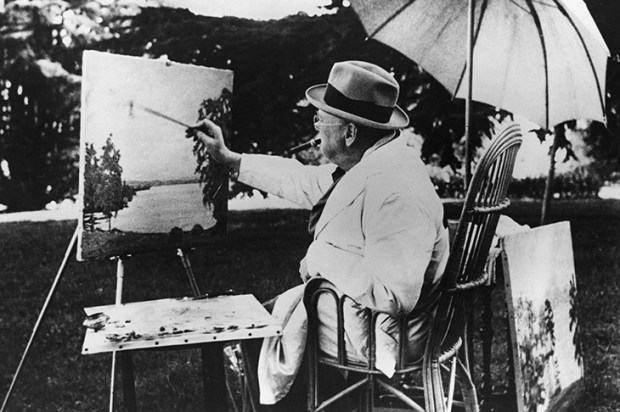
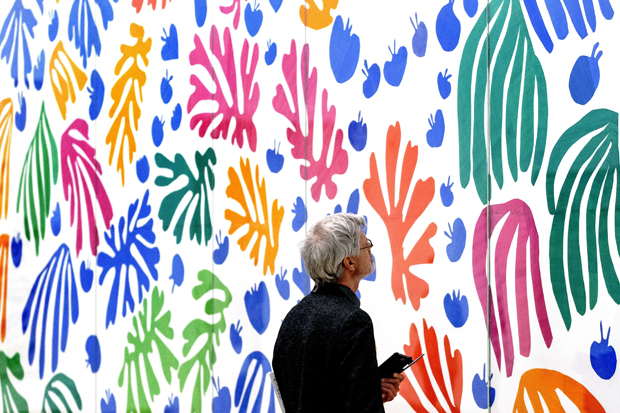
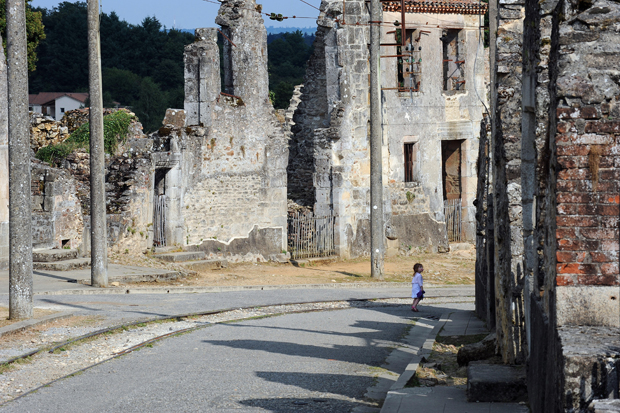

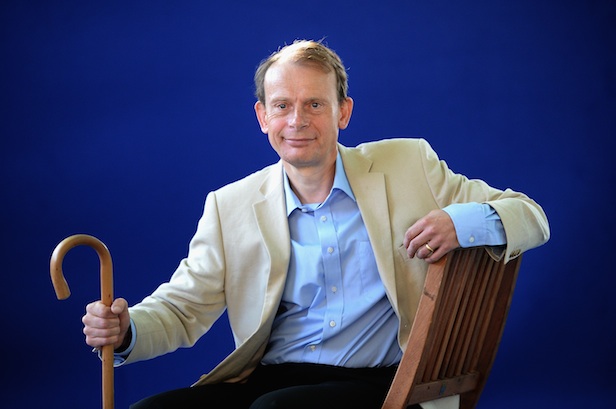
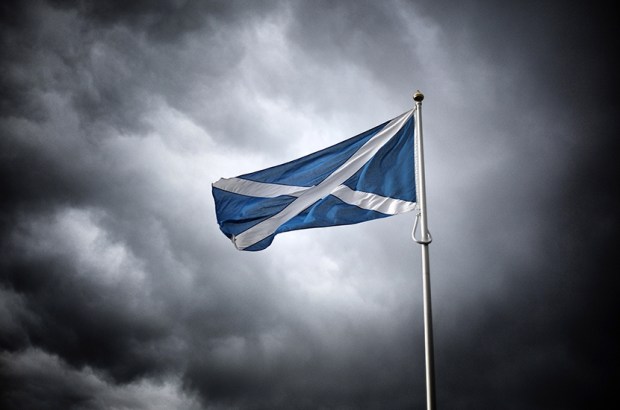






Comments
Don't miss out
Join the conversation with other Spectator Australia readers. Subscribe to leave a comment.
SUBSCRIBEAlready a subscriber? Log in